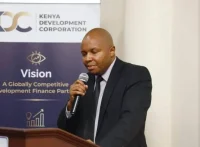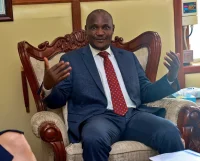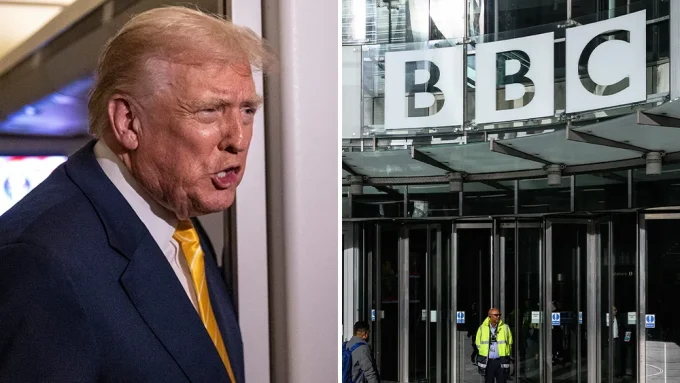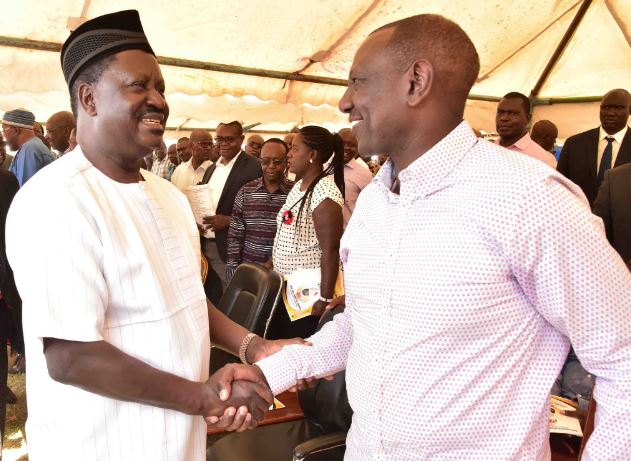Several Kenyan journalists and technicians are likely to be affected as the BBC embarks on a new strategy. The UK-taxpayer funded broadcaster is looking to save at least Ksh3.7 billion (£28 million) a year with the digital-first plan set to hit many of its units outside the UK.
The BBC World Service will continue to operate in all the languages and countries where it is currently present, including the new languages added during its 2016 expansion, but some TV and radio programmes will stop as part of the new strategy.
BBC plans on scrapping African genre TV programming in English including Business, Sport, Health, Children’s, She Word, The Breakdown and Kenya Connects. It plans to shift much of the international content on the BBC World Service to digital formats as opposed to radio and TV. International programming in the Middle East and Asia will also be affected.
The BBC in 2018 opened its largest bureau outside the United Kingdom in Kenya’s capital, Nairobi. The facility hosts close to 300 of the 600 journalists hired by the BBC in Africa. The bureau was funded by the UK government to the tune of $376m (Ksh45.3 billion).
READ ALSO>>BBC Planned 1,000 Staff Layoff Stirs Anxiety At Nairobi Bureau
CNN journalist Larry Madowo, who previously worked as BBC’s Africa Business Editor and North America Correspondent, empathized with his former colleagues affected by the shake-up – some of whom he hired.
“I’m heartbroken for the 382 former colleagues losing their jobs at the BBC World Service. I’m especially thinking of all the fine journos at BBC Africa, a few of whom I hired and have been proud of their work even after I left. It’s a terribly sad day for our business,” he shared.
Madowo echoed the sentiments of former BBC Senior News Controller Jamie Angus who blamed the UK government for failing to extend adequate support to the broadcaster making the job cuts inevitable.
The BBC TV license fee, paid in the United Kingdom at the rate of £159 a year, was frozen by the government for two years in January 2022 in a bid to ease pressure on househoulds.
“Constant downward pressure on the Licence Fee, and the unwillingness of the Government to increase its existing support for the BBC World Service have made today’s cuts unavoidable. But doesn’t make them any less heartbreaking,” Angus argued.

![BBC plans on scrapping African genre TV programming in English including Business, Sport, Health, Children's, She Word, The Breakdown and Kenya Connects. [Photo/ BBC]](https://businesstoday.co.ke/wp-content/uploads/2022/09/Screenshot-2021-10-05-at-10.45.38-min-1.png)
![The team will be tasked with implementation of Ruto's 'Bottom Up' economics among other campaign commitments. [Photo/ BT Edit]](https://businesstoday.co.ke/wp-content/uploads/2022/09/Pi7compressedUntitleddesign4-150x150.png)










Leave a comment